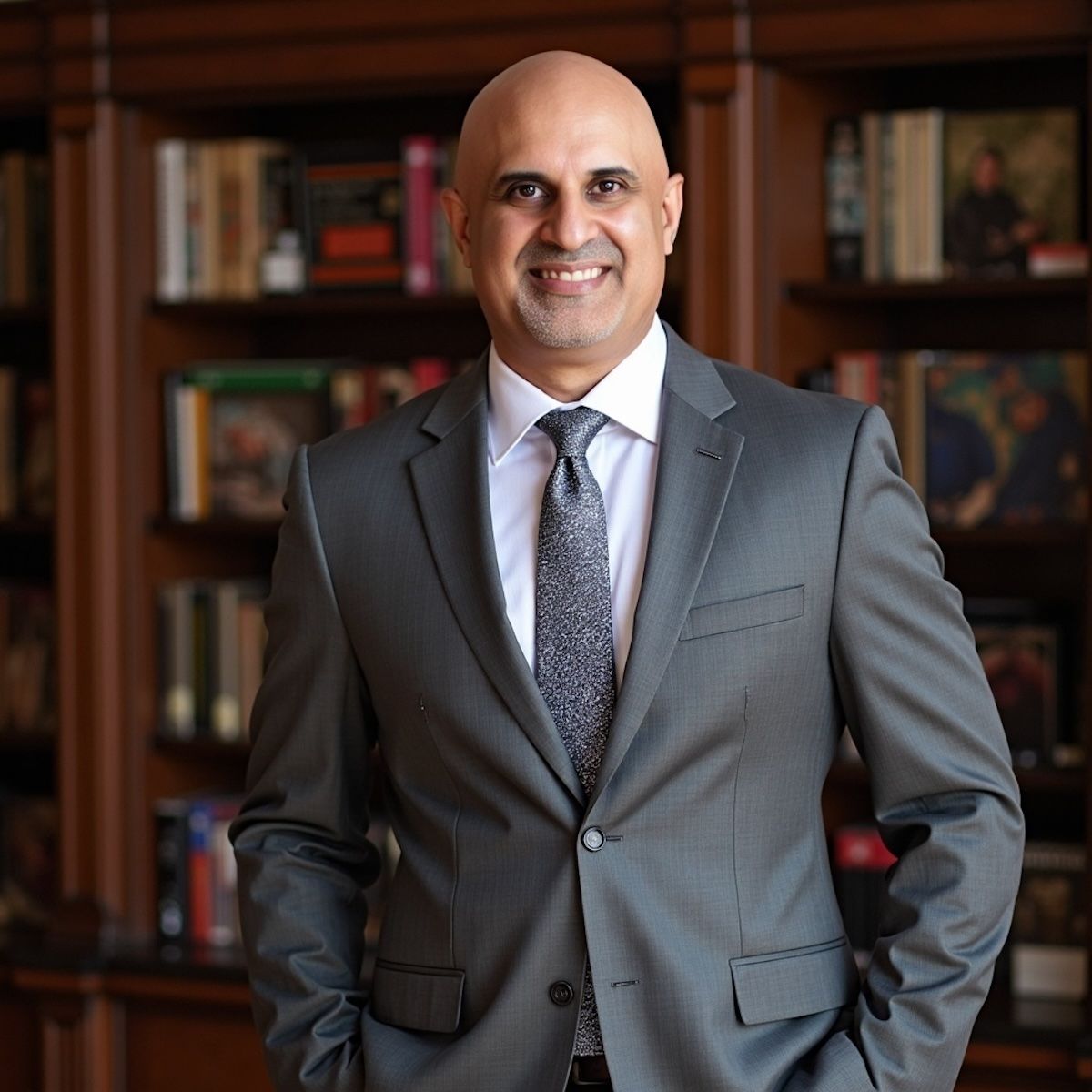Article
EHRs: The Feds get something right
Author(s):
Doctors have nothing but praise for a government program that helps them adopt electronic health records.

"It's the first government program I've ever been involved with that worked perfectly," says Zalut. "The QIO consultant came out and interviewed me, saw what I needed in my practice, saw the problems I was having, and quickly identified nine systems that she thought would be sufficient for the size of my practice."
The consultant from Healthcare Quality Strategies didn't stop there, says Zalut. She gave him in-depth information that the QIO had gathered on all of these products, along with feedback she'd picked up from small practices that used them. She also helped him analyze his office workflow and make changes that would aid EHR implementation. The "go-live" phase still had rough spots, he says; but four months later, he's doc-umenting visits during patient encounters without slowing his workflow.
DOQ-IT is also aiding physicians who already have EHRs but haven't figured out how to use them to their full potential. For example, the North Carolina QIO helped FP Karen L. Smith, a soloist in Raeford, NC, set up lab interfaces and get her EHR and practice management system vendors to improve their interface.
Although enrollment in the program was cut off last August, as specified by law, it isn't necessarily too late to get help. Some QIOs, like the ones in Maryland and Iowa, are trying to help practices that haven't signed up. And many QIOs offer website tools to aid physicians seeking EHRs. (Some states, notably Michigan, have a wealth of practical information online. For a QIO directory, go to http://www.medqic.org.) So the QIOs could be a resource for you, even if you aren't enrolled in DOQ-IT. And QIO officials are confident that CMS will extend their contracts in 2008, allowing them to recruit more practices.
Here's more on what the QIOs are doing and how physicians are benefiting. If you're thinking about getting an EHR, stay tuned to see whether you can sign up with DOQ-IT next year.
What a QIO will do for you
The QIO consultants start by doing "readiness assessments" of practices. For instance, a consultant may look at how much computer expertise the office has, whether the physicians want to run the EHR program on their own server or use a remote service, and whether they'd rather use computer tablets or desktop PCs.
The next step is to analyze the practice's workflow. The consultant interviews the doctors and staff and observes them as they go through the day. After making his assessment, the consultant may recommend changes to improve office efficiency in preparation for the journey to the digital world. The evaluation also helps practices determine what they need in an EHR and what to ask vendors.





